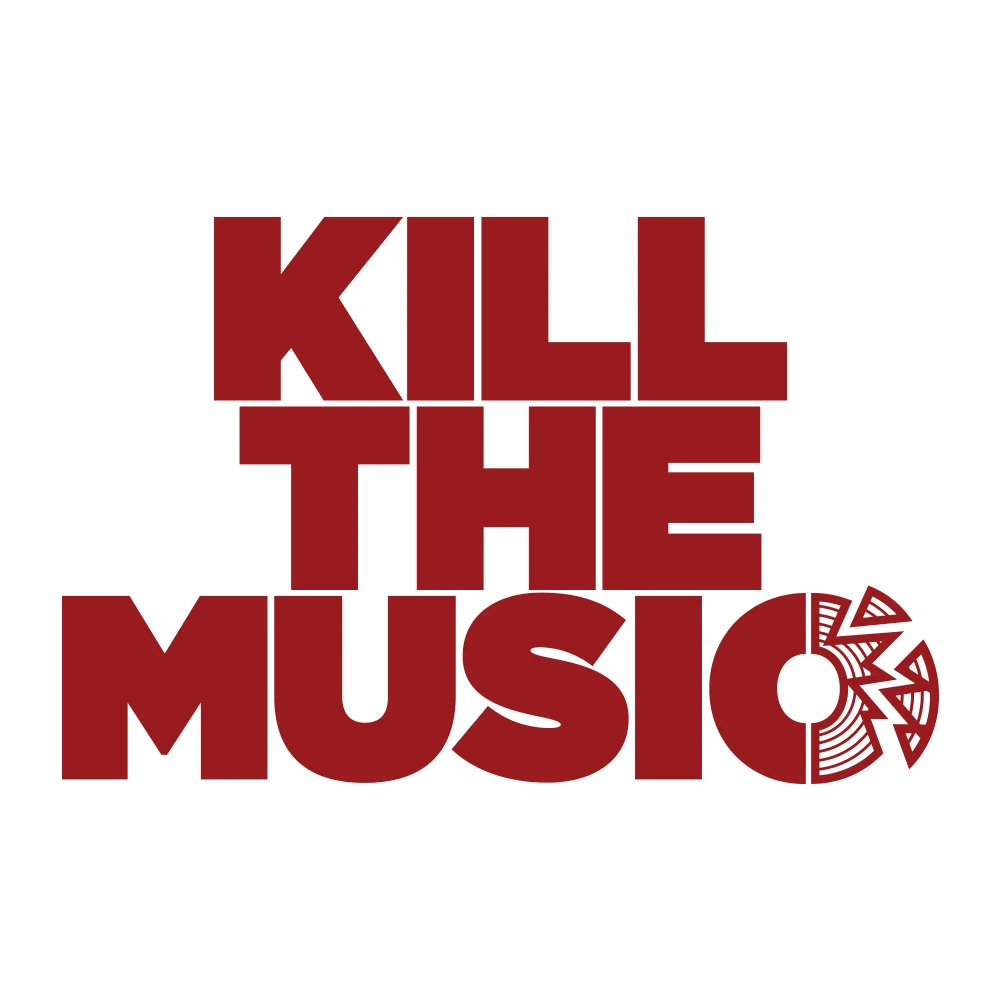Cannabis beverages are quickly emerging as a popular alternative to traditional consumption methods in both casual and social circles. They’re a discreet, convenient, and flavorful way to enjoy the effects of cannabis, so it’s no wonder they’re trending.
The connection between cannabis and music culture runs deep, rooted in ideals of creativity, community, and self-expression. This relationship, which has evolved over decades, is now finding new expression through the intersection of cannabis beverages and musical experiences.
Cannabis and Musical Creativity
Cannabis has long been associated with artistic inspiration, particularly in music. For many musicians, it has been a tool for breaking creative barriers, enhancing focus, or simply fostering a sense of relaxation during jam sessions.
While not all musicians partake, it’s interesting how many of them have spoken openly about how cannabis played a role in shaping their work. For example, jazz legends Louis Armstrong and Dizzy Gillespie embraced cannabis culture, often referring to the herb as a catalyst for improvisation and innovation. Similarly, Bob Marley — a global icon of reggae music and cannabis culture — used it as a spiritual aid, citing its role in connecting him to a deeper sense of purpose and creativity.
Cannabis may influence musical creativity by altering perception and reducing self-consciousness, though individual experiences can vary widely. The effects of cannabis on the brain, such as changes in dopamine levels and sensory perception, might explain why it helps some artists feel more attuned to their creative process.
However, it’s important to note that these effects are highly subjective and not universally experienced. More research is needed to fully understand how cannabis interacts with creativity and the artistic mind.
The Evolution of Cannabis Beverages in Social Settings
For decades, the predominant methods of cannabis consumption were through smoking and, to a lesser extent, ingesting edible treats. In recent years, however, cannabis-infused beverages have gained traction as a modern and socially acceptable alternative. These beverages come in various forms, from sparkling waters infused with fruity flavors and THC, to CBD mocktails designed for relaxation without intoxication.
As legalization expands and societal attitudes shift, more and more people are finding music events and festivals a perfect fit for cannabis beverages. With their growing popularity, infused drinks are finding a home alongside traditional offerings like beer and cocktails at concerts and gatherings, and are helping normalize cannabis consumption in a variety of social contexts.
For instance, some music festivals now feature dedicated cannabis lounges where attendees can sip on infused drinks while enjoying live performances. The drinks are a perfect alternative for those who wish to partake without the harshness of smoking or the unpredictability of edibles.
Cannabis beverages are also making their way into more casual music settings, such as open mic nights, jam sessions, and house parties. One important part of their appeal is that they offer a level of control over dosage that appeals to both seasoned users and those new to cannabis.
Cannabis Beverages Versus Alcohol
The shift toward cannabis beverages is beginning to reshape the dynamics of music spaces. Some attendees at live music venues are opting for infused drinks over alcohol, citing differences in how the two substances affect mood, creativity, and energy levels.
While alcohol has long been a staple at concerts and festivals, its effects — such as impaired coordination or heightened aggression in some individuals — are a lot less attractive than the laid-back, communal vibe often associated with cannabis.
Cannabis beverages may offer a different kind of social lubrication for users — many report that cannabis promotes feelings of relaxation and connection without the same risks of overconsumption associated with alcohol. Additionally, cannabis beverages are often low in calories and free from hangover-inducing ingredients, which makes them especially appealing to health-conscious music fans.
That said, the effects of cannabis are not universally positive and can vary depending on factors such as dosage, individual tolerance, and setting. While many people find that cannabis enhances their enjoyment of music, others could experience anxiety or discomfort. More studies are needed to compare the effects of cannabis beverages and alcohol in social and musical settings to understand these dynamics better.

